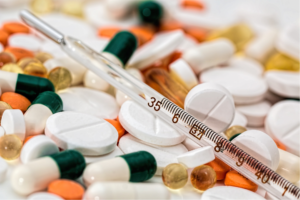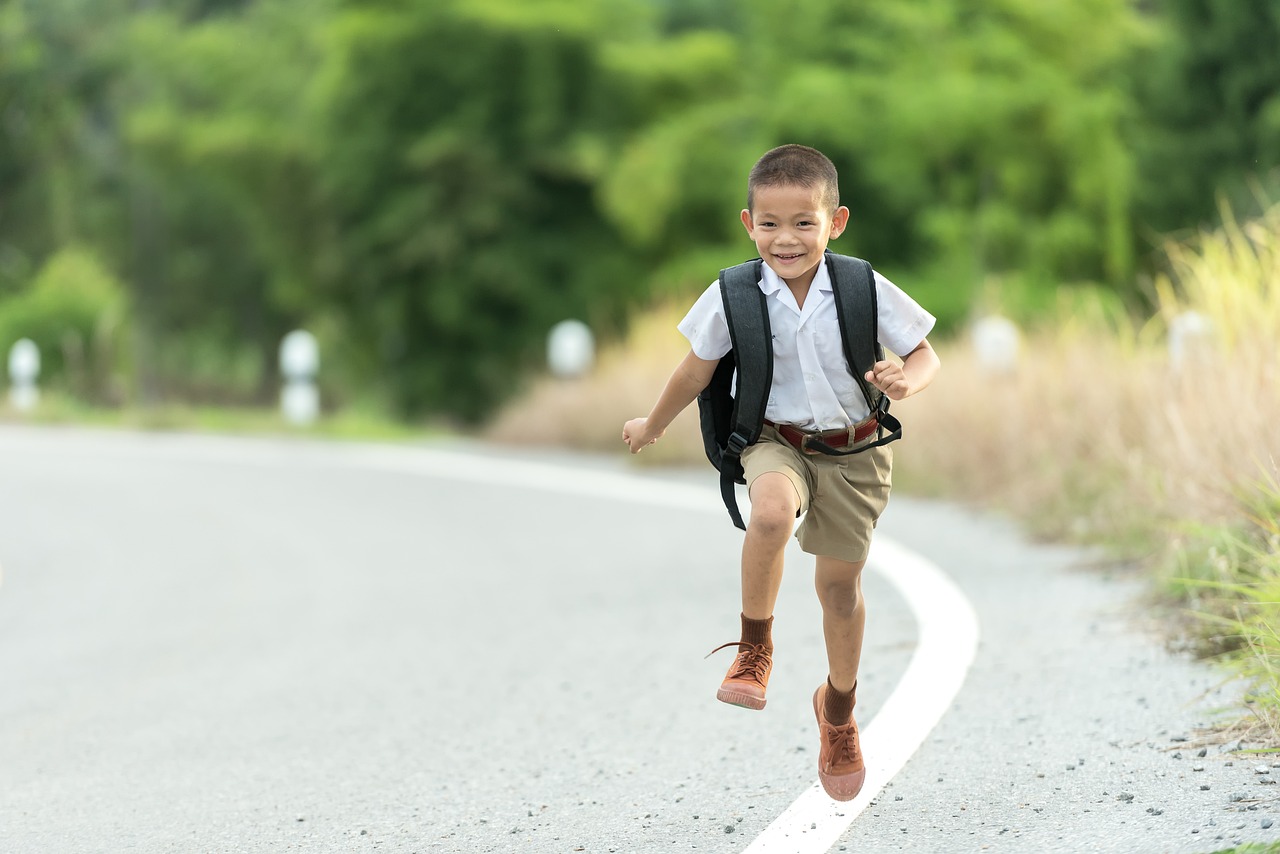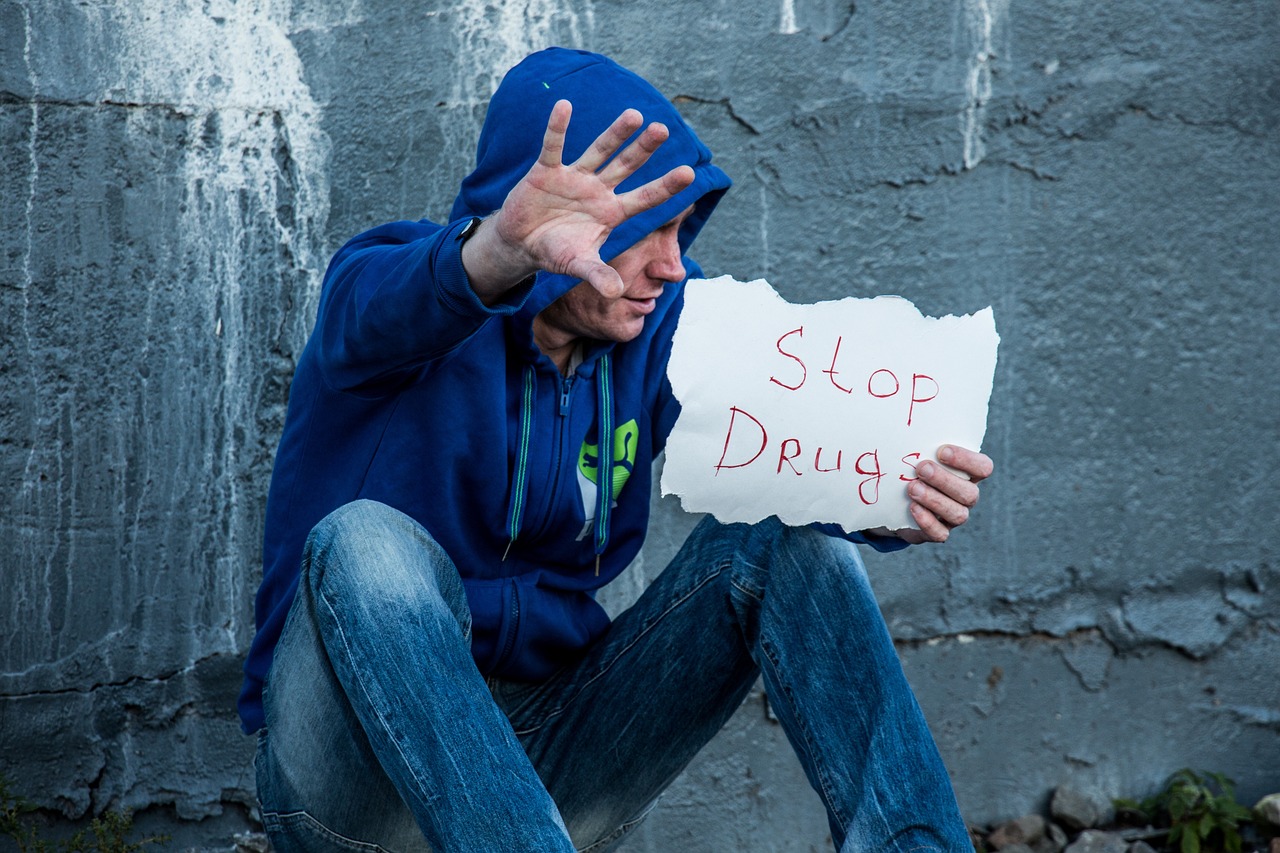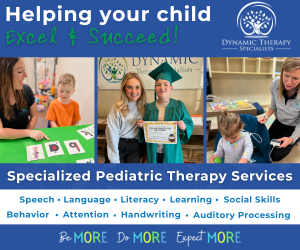Talking To Your Kids About Drugs
 In this day and age, our children are facing way more peer pressure and stress than we ever did. Our days were filled with play, instead of electronics. Everyone knew everyone, it was a safer time. With the opioid crisis, it is more important than ever to have that conversation about drugs with your children. Here are a couple of facts and tips on how to have a reciprocal conversation about drugs with your kids.
In this day and age, our children are facing way more peer pressure and stress than we ever did. Our days were filled with play, instead of electronics. Everyone knew everyone, it was a safer time. With the opioid crisis, it is more important than ever to have that conversation about drugs with your children. Here are a couple of facts and tips on how to have a reciprocal conversation about drugs with your kids.
First let’s examine why things are in crisis mode. In the late 1990’s aggressive marketing and physicians reliance on opioids, plus over prescribing played a huge role in more people becoming addicted to pain pills. When they finally caught up and changed regulations it was just the opportunity for heroin to enter the scene. 109,000 people overdosed on opioids in the United States in 2022. In Louisiana alone accounted for 2,643 deaths. Due to heroin, and another drug that is threatening our kids, Fentanyl.
Fentanyl is an opioid that is basically odorless and tasteless and about a hundred times more potent than morphine.It only takes two mg of Fentanyl to overdose an adult. It can be added to any drug; cocaine, heroin, marijuana, even pressed into pills. Making the user unaware that they are even consuming it. That’s why it’s so dangerous to our children. They do sometimes experiment, it’s our job to have the most honest, open conversation about drugs so that in any situation they’ll be prepared.
Here are a few tips when discussing this with your children:
Educate Yourself:
Do your research beforehand. Learn about the various drugs that are dangerous. Learn how they work, and the risks and consequences that come along with each one.
Choose the Right Time and Place:
Set aside a specific day and time when you are both comfortable and relaxed. Where you can have a private and open conversation.
Use Age Appropriate Language:
Tailor the conversation to your child’s specific age and maturity level. Make sure to make it relevant to your child’s everyday life. Avoid complex terms, be relatable.
Start Early:


Be Honest and Open:
Let them know the real risk or consequences of using drugs. Don’t overly exaggerate or use scare tactics. You can always Google the information, or use books or examples to help them understand if you have had any experiences. It helps build trust.
Encourage Questions and Listen Actively:
Let your child ask questions, and be prepared to answer those questions without judgement.let them express their thoughts, feelings without being judgmental, this will foster a sense of trust and openness.
Teach Refusal Skills:
Teach your child to be assertive in saying no to peer pressure. Role play scenarios in which they are offered drugs, and ways that they can refuse. Teach them that if they are in trouble that they can always call.

Let Them Know the Consequences:
Let your child know what short and long term effects that drugs can have on their life and relationships. Let them know how drugs can damage their health and those dangers.
Model Good Behavior:
If you want your kids to be safe that means modeling good behavior. Not being around or consuming drugs will show them that no matter what, drugs are never the answer.
Maintain an Ongoing Dialogue:
Keep the lines of communication open with your child or children. Let them know and show them that they can come to you regarding anything.This allows for continued guidance, and allows them to ask questions as they arise.
Keeping the lines of communication open is the most important part. Letting your kids know that if they are in trouble, that they can come to you about anything will help foster a sense of knowledge and confidence. It helps them feel safe enough to come to you if the need arises.
















